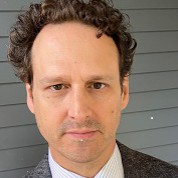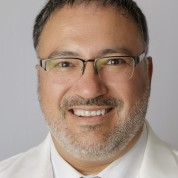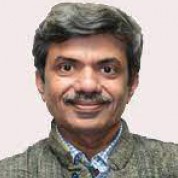Main Conference Session
S4
Health Systems in 2030: What will They Look Like?
28
Jan
Increasing the ability for a health system to withstand and effectively respond to shocks and stressors is critical to achieving a position from which to address effectively future pandemics and to maintain progress to date on the world’s global health goals. To be resilient, health systems must be flexible enough to adjust resources, policy, and focus in response to constantly emerging challenges. The COVID-19 pandemic has further underscored the need to reorient ourselves from reactive investments in health to prioritize investments that enable pandemic prevention, risk reduction, and preparedness, as well as ensure continuity of essential services in the face of health emergencies. For example, USAID recognizes the need to build resilience to acute, time-bound events such as disease outbreaks, as well as to longer-term dynamics such as protracted population displacements, weak government authority or legitimacy, population pressure, social exclusion, and climate variability. The type, intensity, and number of overlapping shocks and stressors cannot always be predicted, but the fact that there will be shocks and stressors can. In many countries, health systems are unprepared for these inevitable events, whether unexpected external crises or internal governance challenges such as shortages or payment delays.
Primary Health Care (PHC) is vital to the task of building strong health systems. The exact nature of PHC is a matter of debate. WHO has recently revitalized its support for PHC and while this was widely welcomed some flaws have been highlighted, as the Astana Declaration does not see PHC as an organizing principle for a health system and as having a role in supporting and advocating for intersectoral action. The importance of strong public health systems has been shown in many ways during the covid-9 pandemic.
This session will build on a PMAC workshop that is to take place in November or early December 2021 and synthesize the output from that workshop. The workshop will draw thought leaders and experts from the perspectives named below. These participants will be asked (with prompts) to identify key principles that must be adhered to in the characterization of health systems in 2030 and provide recommendations. With this output, the panelists in the plenary session will engage in dialogue and debate, producing some agreement and perhaps some difference during the plenary. Across both sessions, discussion moderators will make every effort to direct participants’ thinking away from the building blocks of the health system and employ more of a cross-cutting systems lens.
- To discuss and debate preferred characteristics of health systems in 2030;
- To discuss and debate priorities for strengthening health systems from the perspective of target conditions or the participation of often overlooked participants in the health system; and
- To reflect on the priorities for investment in strengthening health systems to boost health system resilience towards 2030, and capture lessons learned from the COVID-19 pandemic.
PANELISTS
Biosketch
Ariel Pablos-Mendez
Gavin Yamey
Jan-Willem Scheijgrond
Juan Pablo Uribe
Maris Jesse
Yogesh Jain







